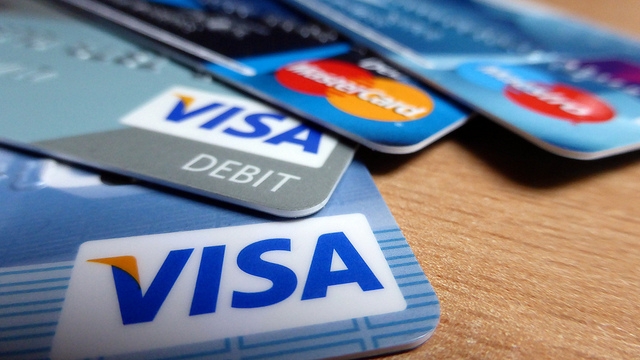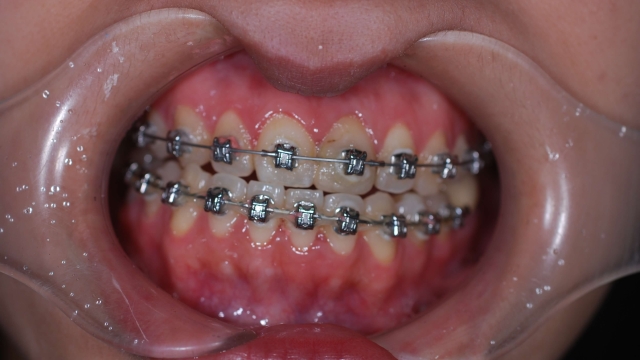
The world we live in today is constantly evolving, as technology continues to advance at an unprecedented pace. One significant development that has transformed the way we perceive and ensure security is the rise of security cameras. These unblinking eyes have become ubiquitous, adorning every corner, monitoring our streets, buildings, and even our homes. In this article, we will delve into the power behind these unblinking sentinels and explore how they have become an integral part of our modern lives. So sit back, and let us take you on a journey into the world of security cameras, where their watchful gaze never wavers, providing us with a sense of peace and protection.
The Role of Security Cameras in Crime Prevention
Security cameras have become an indispensable tool in modern crime prevention efforts. With their unwavering gaze, these electronic sentinels have revolutionized the way we protect our homes, businesses, and public spaces. By capturing crucial visual evidence and serving as a deterrent, security cameras play a pivotal role in maintaining the safety and security of our communities.
One of the primary functions of security cameras is their ability to monitor and record activities in real-time. By constantly surveilling an area, these unblinking eyes can capture important details that might otherwise go unnoticed. This recorded evidence can be invaluable in aiding law enforcement agencies to identify and apprehend criminals. Furthermore, the mere presence of security cameras serves as a deterrent to potential wrongdoers. The knowledge that their actions are being recorded discourages criminal behavior, making our surroundings less susceptible to unlawful activities.
In addition to their role in solving crimes, security cameras also help prevent them in the first place. The visual surveillance they provide helps to create a sense of heightened vigilance and awareness among those being monitored. Knowing that their actions are being watched encourages individuals to act in a responsible and lawful manner. This contributes to a safer environment for everyone involved, fostering a culture of security and wellbeing.
It is important to note that security cameras are not a one-size-fits-all solution. They work most effectively when integrated into a comprehensive security system that includes trained personnel and other advanced technologies. When combined with other measures such as alarm systems and access control systems, security cameras become an integral component of a comprehensive crime prevention strategy.
In summary, security cameras have proven themselves to be an invaluable tool in crime prevention efforts. Their ability to monitor, record, and deter criminal activities makes them an essential asset in maintaining the safety and security of our communities. By ensuring that our surroundings are constantly under watchful eyes, security cameras play a crucial role in deterring potential wrongdoers and helping to solve crimes when they do occur.
Advantages of Using Security Cameras
Deterrence and Prevention: Security cameras serve as a powerful deterrent against criminal activities. The mere presence of cameras can discourage potential wrongdoers from committing unlawful acts, as they are aware that their actions are being recorded. This preventive effect helps to create a safer environment for individuals, businesses, and communities alike.
Evidence Collection: In the unfortunate event of a crime or an incident, security cameras play a vital role in capturing crucial evidence. The recorded footage can provide valuable visual information to law enforcement and investigators, aiding them in identifying suspects, piecing together timelines, and establishing facts. This evidence can be instrumental in solving crimes, bringing perpetrators to justice, and ensuring the safety and security of the affected parties.
Monitoring and Surveillance: Security cameras enable real-time monitoring and surveillance of specific areas or premises. This allows for proactive responses to potential threats or suspicious activities. By keeping a watchful eye on critical locations, security personnel or homeowners can promptly detect and address any abnormalities or security breaches. The ability to monitor remotely also provides convenience and peace of mind, allowing individuals to keep an eye on their properties even when they are not physically present.
Remember, security cameras offer various advantages, including deterring crime, collecting evidence, and enabling effective monitoring. These benefits contribute significantly to maintaining safety and security in both personal and public settings.
Ethical Considerations and Privacy Concerns
As technology advances and security cameras become more prevalent in our society, it is important to address the ethical considerations and privacy concerns associated with their use.
Firstly, one of the main ethical concerns is the potential invasion of privacy. With security cameras present in public spaces, there is a risk of capturing individuals’ private moments without their consent. Whether it is a visit to a park or a walk down the street, people have a reasonable expectation of privacy in certain situations. The use of security cameras must be carefully regulated to strike a balance between public safety and individual privacy rights.
Security Camera Repairs
Secondly, the storage and retention of footage from security cameras raise concerns about data security and misuse. These cameras often record and store vast amounts of video footage, raising questions about who has access to this data and how it is protected. There is a need for strict regulations and safeguards to prevent unauthorized access, hacking, or misuse of this sensitive information. Additionally, clear guidelines should be established regarding how long the footage is retained, ensuring that it is not kept for longer than necessary.
Lastly, the potential for bias and discrimination should not be overlooked. When security cameras are used to monitor certain communities or areas more heavily than others, it can perpetuate existing biases and lead to unfair treatment. It is crucial to ensure that the deployment and monitoring of security cameras are done in a way that is unbiased and respects the principles of equality and justice for all.
In conclusion, while security cameras have undoubtedly contributed to public safety, it is essential to address the ethical considerations and privacy concerns associated with their use. Striking a balance between security and individual privacy rights, implementing robust data security measures, and avoiding bias are crucial aspects in fostering a responsible and ethical use of security cameras.



